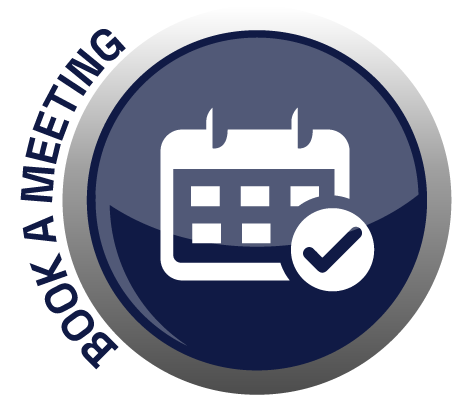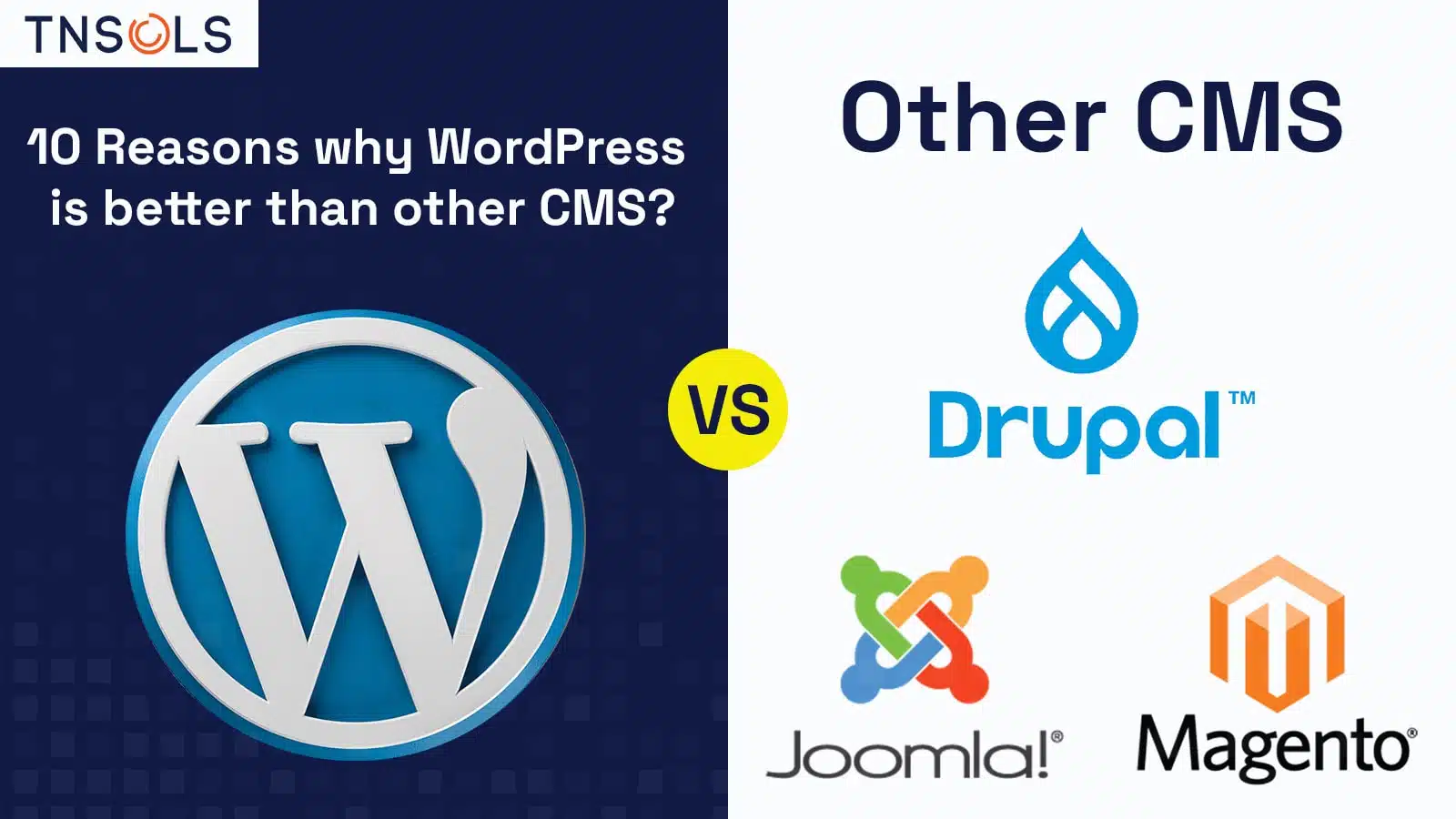When it comes to integrating data from multiple sources, you may find the process challenging yet crucial for informed decision-making. Imagine the possibilities that open up when disparate data streams seamlessly come together, offering a comprehensive view of your operations. The key lies in mastering the art of harmonizing diverse datasets efficiently and accurately. Curious to know the strategies and tools that can simplify this intricate task? Stay tuned to discover the secrets behind successful data integration.
How to Integrate Data From Multiple Sources
Data Integration Strategies
When considering data integration strategies, it’s essential to evaluate the compatibility of various sources and the alignment with your organization’s data quality standards. Ensuring that the data from different sources can be effectively blended, joined, and consolidated is crucial for accurate insights and decision-making. By assessing the quality of the data and its alignment with your organization’s standards, you can create a solid foundation for successful data integration.
Analyzing the standardization and transformation levels of the techniques used in data integration is key to understanding how well they’ll fit with your existing data quality processes. Techniques that focus on aligning data quality standards and ensuring accuracy post-integration are particularly valuable. By prioritizing data quality and integrity throughout the integration process, you can enhance the overall effectiveness of your data integration strategy.
Data Integration Tools
To effectively implement data integration strategies, understanding and utilizing appropriate data integration tools is paramount for successful data management and analysis. Data integration tools play a crucial role in merging data from various sources efficiently.
Platforms like Talend, Informatica, and Microsoft SQL Server Integration Services (SSIS offer comprehensive solutions for integrating and transforming data. Open-source platforms provide flexibility and cost-effectiveness for organizations with specific requirements. Additionally, data quality and governance tools ensure that integrated data maintains high standards of accuracy and consistency.
When selecting a data integration tool, consider factors such as the complexity of data sources, scalability requirements, and the level of technical expertise within your team. By choosing the right tool for your data integration needs, you can streamline processes, improve data quality, and enhance decision-making capabilities.
Remember that a well-chosen data integration tool can significantly impact the efficiency and effectiveness of your data management practices.
Best Practices for Integration
Implementing best practices for data integration is crucial for optimizing processes and ensuring high-quality data outcomes.
To excel in integrating data from multiple sources, define clear objectives and requirements upfront.
Choose appropriate methods and tools that align with your integration goals.
Design a suitable architecture and workflow that streamlines the integration process effectively.
Regularly test and monitor your integration processes to catch and rectify any issues promptly.
Consider your budget and resources to ensure a sustainable integration strategy.
Considerations for Integration
For successful data integration, carefully considering various aspects such as data compatibility, transformation, and governance is imperative. Ensuring that your data is compatible across different sources, transforming it accurately, and implementing proper governance measures are key to a successful integration process. Here is a table highlighting essential considerations for data integration:
| Considerations | Description |
|---|---|
| Data Compatibility | Ensure data can be seamlessly integrated from diverse sources. |
| Transformation | Implement accurate data transformation for consistency. |
| Governance | Establish governance policies to maintain data quality and security. |
| Performance | Optimize performance for efficient data processing. |
| Scalability | Plan for scalability to accommodate future data growth. |
Technical Assistance and Support
Technical assistance and support play a crucial role in navigating data integration challenges effectively. When facing complex data integration issues, having access to technical guidance and support can significantly impact your success.
By leveraging assistance from experts in the field, you can streamline the integration process, troubleshoot any obstacles efficiently, and optimize your data workflows. Whether it’s seeking advice on data compatibility, resolving integration errors, or fine-tuning your data processing techniques, technical assistance ensures that you have the necessary resources to overcome integration hurdles.
Moreover, receiving support tailored to your specific needs fosters a sense of belonging within the data integration community. Engaging with professionals who understand your challenges and provide targeted solutions not only enhances your integration capabilities but also reinforces your confidence in handling diverse data sources.
Embracing technical assistance and support as integral components of your data integration journey empowers you to conquer complexities and achieve seamless data unification.
Frequently Asked Questions
How Can Data Integration Improve Customer Experience and Satisfaction?
To enhance customer experience and satisfaction, data integration streamlines processes, providing a unified view of customer interactions. Real-time insights enable personalized services, improving engagement. Integrated data ensures accurate decision-making, fostering trust and loyalty.
What Are the Potential Risks Associated With Data Integration Processes?
Understanding the risks of data integration is vital. Ensure data compatibility, quality, and governance to mitigate challenges. Address scalability, connectivity, and processing methods carefully. Leverage tools and best practices for effective integration and decision-making.
How Does Data Integration Impact Regulatory Compliance and Data Security?
Data integration significantly impacts regulatory compliance and data security. It ensures adherence to standards, enhances data protection measures, and minimizes risks of non-compliance. Comprehensive integration strategies safeguard sensitive information, promoting a secure data environment.
What Role Does Data Governance Play in Successful Data Integration?
To ensure successful data integration, data governance plays a crucial role in maintaining data quality, compliance, and security. It establishes rules, policies, and procedures for data handling, contributing to efficient and accurate integration processes.
How Can Organizations Measure the ROI of Data Integration Initiatives?
To measure the ROI of data integration initiatives, you should assess improved decision-making, operational efficiency, and competitive advantage. Analyze cost savings, productivity gains, and enhanced insights. Align data outcomes with strategic objectives for optimal results.
Conclusion
In conclusion, integrating data from multiple sources requires careful evaluation, alignment, and adherence to data quality standards. By leveraging tools like Talend or Informatica, organizations can efficiently blend and consolidate data.
Implementing robust data governance policies and accurate transformation processes are crucial for successful integration. By following best practices and considering technical assistance, organizations can create a solid foundation for effective data integration.









Add Comment